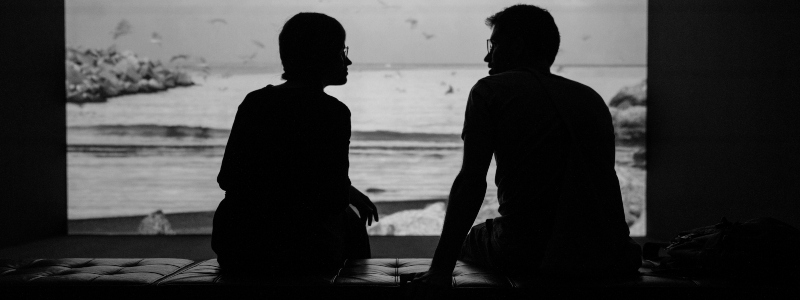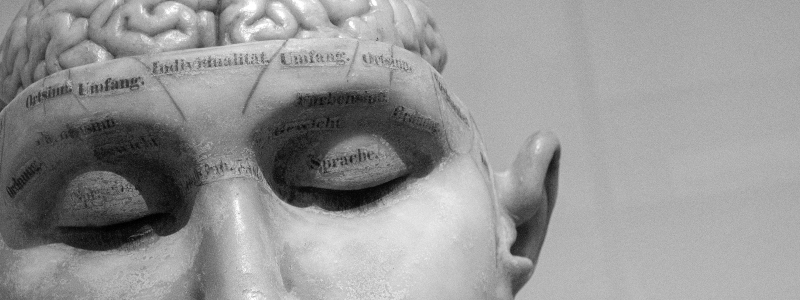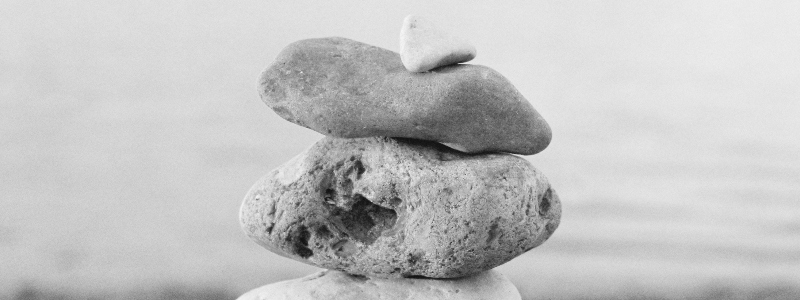When Covid struck we could no longer deliver therapy face-to-face and so this meant that many of us had to adjust to therapy online using a video web platform such as Microsoft Teams or Zoom. This was both challenging for the therapist and the client, however many people now prefer therapy online.
Research has shown that therapy using a video web platform is just as effective as in person therapy. Studies published in the Journal of Psychological Disorders and the Journal of Affective Disorders, Behaviour Research and Therapy have shown that online CBT and counselling are as effective as in person therapy in helping people address a wide range of issues including anxiety and depression.
There are some obvious benefits to online therapy such as therapy in the comfort of your own home, not having to leave your house so no travelling to appointments; the convenience of accessing appointments anywhere providing you have internet access and privacy. I have had some clients attend appointments in their car or sitting in their garden and even whilst on holiday. There is also the anonymity of not having to go to a therapy practise setting for appointments. There is also something about not having to meet your therapist in person which can allow some clients to open up more.
There is no doubt that some clients prefer the connection of in person therapy. They feel it allows for a more fulfilling relationship. In addition, some clients are already having to work online and don’t want to do anymore ‘on screen’. The issue of privacy and being interrupted by family members can be difficult as well. In person therapy allows for a neutral location, a safe space for the client to share private information away from everyday life.
In person therapy has always been considered as preferable and certainly this was the case before Covid, but now this is shifting and we are learning that online therapy is also a valid option.
Brighton and Hove Psychotherapy is a collective of experienced psychotherapists, psychologists and counsellors working with a range of client groups, including fellow therapists and health professionals. If you would like more information, or an informal discussion please get in touch. Online therapy is available.














